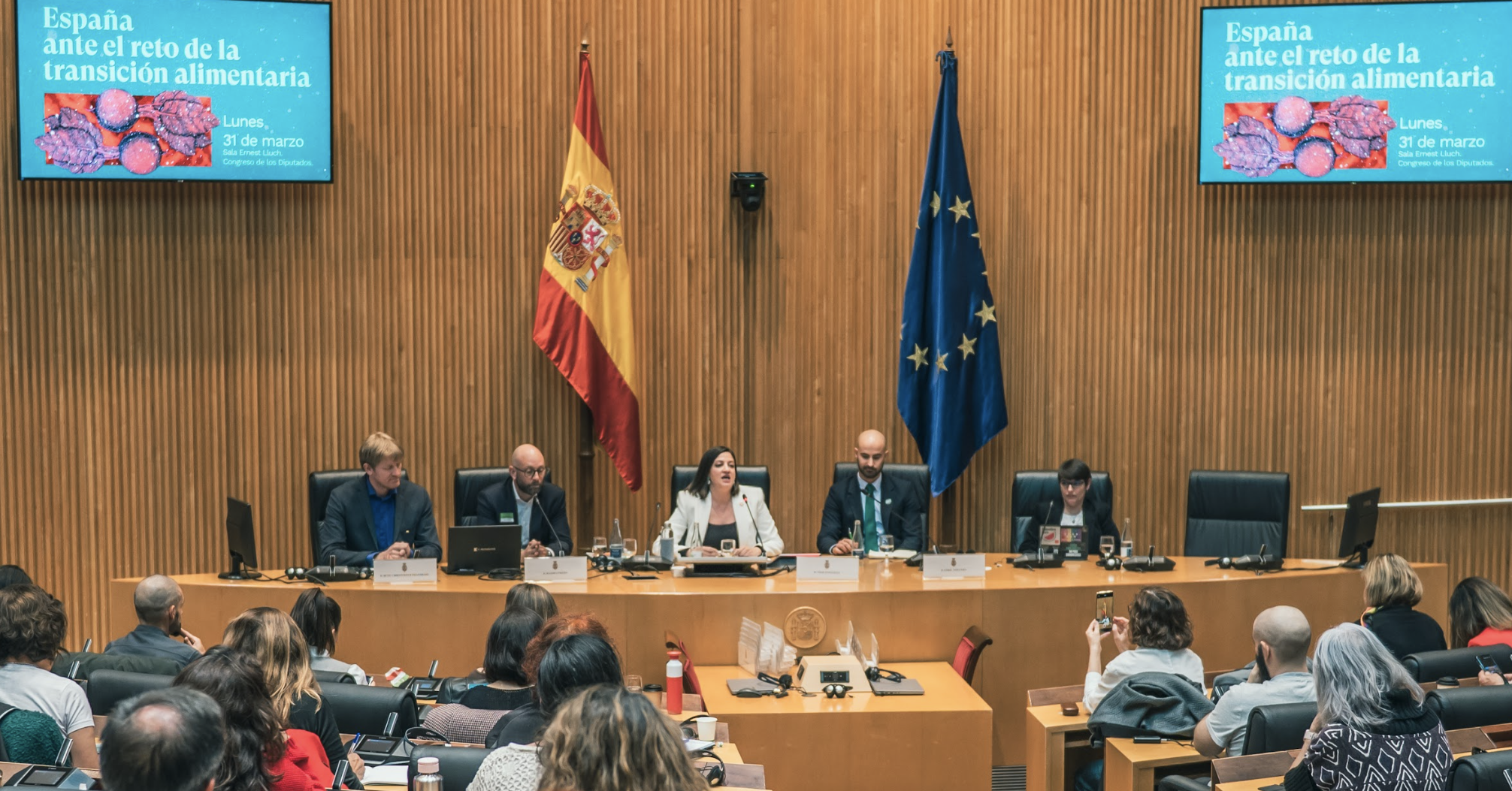Aquatic Life Institute (ALI) has published new research, entitled “Harmonizing Animal Health and Welfare in Modern Aquaculture: Innovative Practices for a Sustainable Seafood Industry”, released in scientific journal Fishes by MDPI this month.
The article highlights the connection between animal health and animal welfare, emphasizing their distinct yet complementary roles in fostering a healthier, more environmentally sustainable aquaculture system.
To go along with the launch of the report, we have created a 2-page summary report to enhance our engagement with stakeholders and inspire the industry to embrace innovative farming practices and technologies that prioritize animal welfare. This collaborative approach closely focuses on the benefits that welfare-centric practices have on improving animal health, enhancing product quality and safety, and promoting environmental sustainability.
The article identifies actionable best practices for the seafood industry to promote responsible aquaculture, including case study examples of farms and companies that are implementing innovative, welfare-forward strategies that have shown measurable improvements. The case study examples demonstrate improvements in all five welfare pillars:
- Water Quality
- Space Requirements & Stocking Density
- Environmental Enrichment
- Feeding and Feed Composition
- Stunning & Slaughter
We welcome other groups to utilize our industry summary report, along with the full article and the data-driven evidence within, to engage with industry stakeholders and spark new conversations. If your organization finds this resource helpful, we’d love to hear about your experiences and how you’ve used them!
This research was funded by Tiny Beam Fund, Inc. through the Fueling Advocates Initiative Grants Program, and the article is featured as a scientific journal in MDPI.



